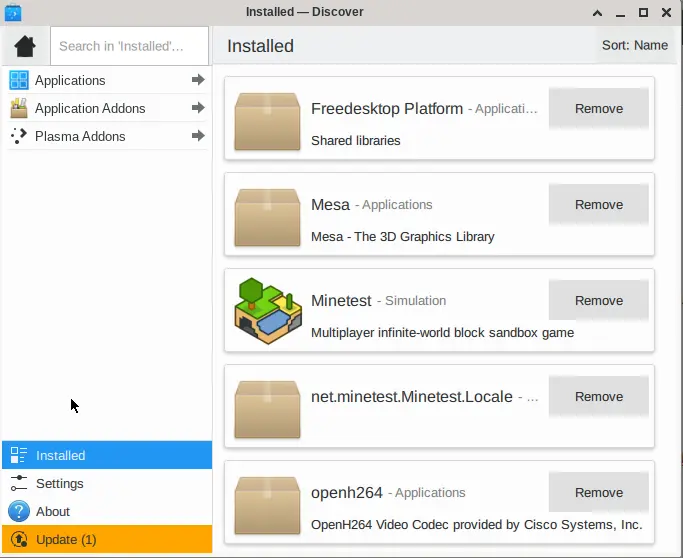- 25 Posts
- 1.07K Comments

 5·39 minutes ago
5·39 minutes agoIt’s a perfectly normal hobby for 100% straight, manly, conservative, white (did I mention straight?) men, who like to meet up with other 100% straight men, to wear skin-tight leather suits and enjoy the strong vibrations of their hot Harley engine between their legs.

 1·46 minutes ago
1·46 minutes agoI don’t know what point you’re trying to make, but I’m not praying for anyone to assassinate Weidel just yet.

 3·56 minutes ago
3·56 minutes agoAnd German. And French. And Polish. And Danish. And Spanish. And I thought it was pretty universal? Guess it’s European.
Anyway, fuck ketchup.

 2·59 minutes ago
2·59 minutes agoI want to be in that room now.

 21·60 minutes ago
21·60 minutes agoI have free-roaming cats, so that’s a sound I wake up to regularly.
hundreds of pictures of Morgan Freeman

 2·2 hours ago
2·2 hours agonot to mention that dude’s life

 5·2 hours ago
5·2 hours agoWe are cheering because people are trying to kill an insane man hellbent on destroying this country
Your cheering for an assassination attempt shows that your country is already well and truly fucked.
Does Morgan Freeman run on Wine?
In the Battles of Xing and Lin-Kedin

 1·3 hours ago
1·3 hours agooh, I figured the users were the client’s employees.

 5·10 hours ago
5·10 hours agoThey’ll refuse to elaborate, and in a few days someone will find out Trump was at a shooting alley, and they took the opportunity to publish this “technically true” statement to grab attention.

 181·11 hours ago
181·11 hours agoThe software isn’t made for the user, because the user isn’t the one paying for it.
I’m not sure what you mean.
Why would it affect what bars look like?
Die anderen können feste Blitzer in OpenStreetMap eintragen (Bitte tut das nicht).
deleted by creator
















Nope, also illegal to give away. So you legally have to destroy any surplus.